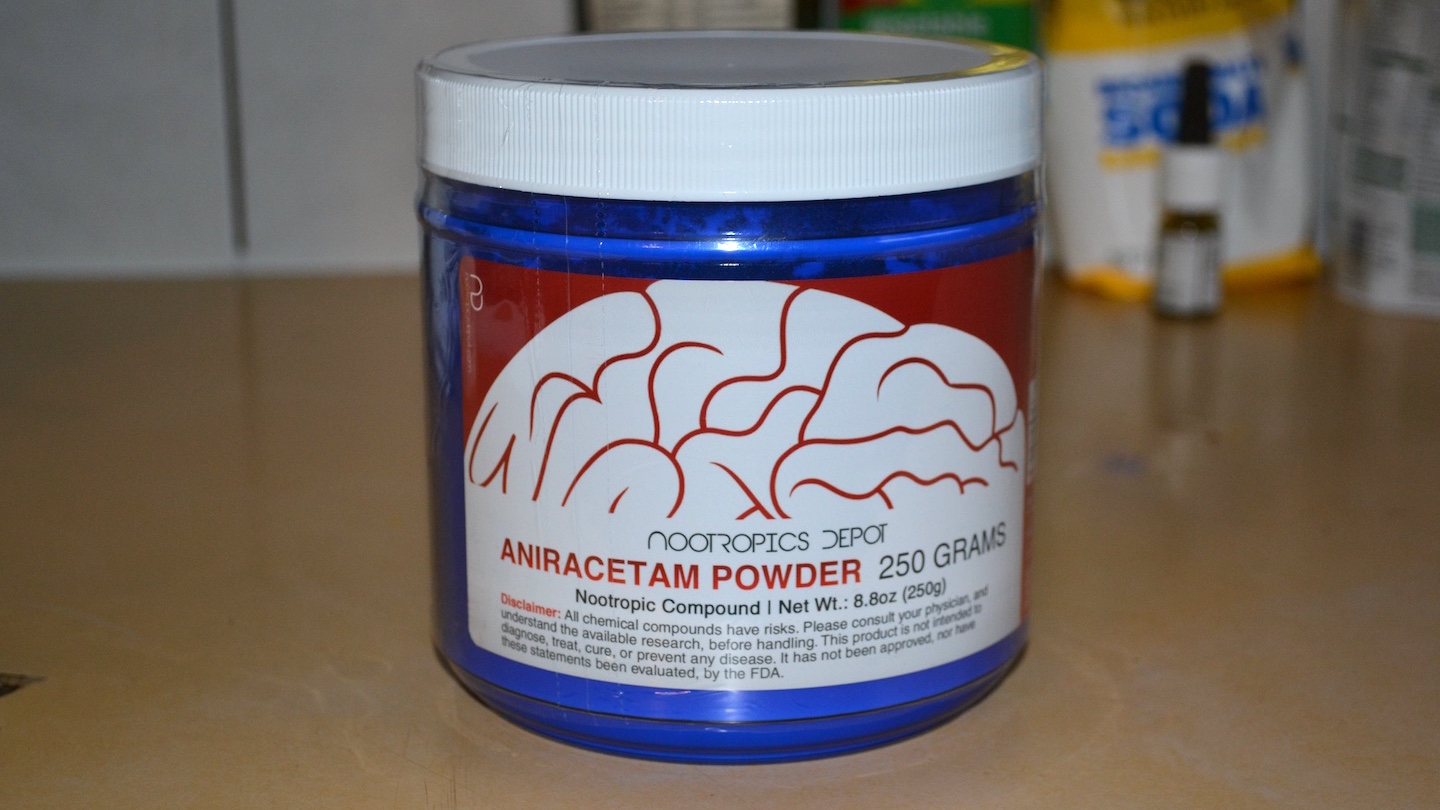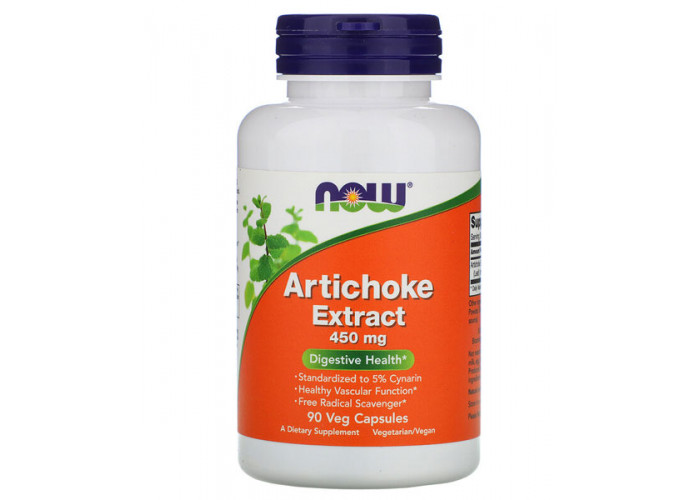Introduction
In the vast landscape of nootropics, substances that aim to enhance cognitive function and support brain health, boron stands out as a less-explored yet intriguing option. Often overlooked in discussions about cognitive enhancement, boron is a naturally occurring element that plays essential roles in various physiological processes. In this comprehensive guide, we will delve into the potential benefits of boron nootropics, examining the scientific evidence, mechanisms of action, and considerations for those curious about incorporating boron into their cognitive enhancement regimen.
Understanding Boron
Boron is a trace element found in soil, water, and certain foods. It exists in various forms, with boron compounds having diverse applications in industry, agriculture, and medicine. While its presence in the human body is relatively small, boron plays crucial roles in bone health, hormone regulation, and cognitive function.
Cognitive Enhancement Through Hormonal Modulation
One of the key ways boron may impact cognitive function is through its potential role in hormonal modulation. Research suggests that boron supplementation may influence the levels of hormones such as estrogen and testosterone. These hormones play crucial roles in cognitive processes, including memory, mood, and overall cognitive performance.
Enhancement of Brain Electrical Activity
Preliminary studies have explored the impact of boron on brain electrical activity. Electroencephalogram (EEG) measurements have indicated that boron supplementation may lead to alterations in brain waves, suggesting potential effects on neural activity. While more research is needed to fully understand the implications, these findings hint at boron’s ability to influence the electrical patterns in the brain.
Anti-Inflammatory and Antioxidant Properties
Chronic inflammation and oxidative stress are implicated in cognitive decline and neurodegenerative diseases. Boron has been studied for its anti-inflammatory and antioxidant properties, which may contribute to neuroprotection. By reducing inflammation and neutralizing free radicals, boron may help support overall brain health.
Memory Enhancement and Cognitive Performance
Some studies have explored the effects of boron supplementation on cognitive performance, particularly memory. While the mechanisms are not fully elucidated, researchers have observed improvements in tasks related to memory and attention in individuals supplemented with boron. These cognitive enhancements may be linked to boron’s influence on hormonal regulation and brain function.
Impact on Neurotransmitters
Boron’s potential impact on neurotransmitters, the chemical messengers that facilitate communication between neurons, is an area of interest. While research in this area is still in its early stages, some studies suggest that boron may influence the release of neurotransmitters such as dopamine and serotonin. These neurotransmitters play key roles in mood regulation and cognitive function.
Considerations and Potential Side Effects
While boron holds promise as a nootropic, it’s crucial to approach its use with careful consideration. As with any supplement, individual responses can vary, and potential side effects or interactions should be taken into account.
Dosage Considerations
Determining the optimal dosage of boron for cognitive enhancement can be challenging. Research on the ideal dosage is still evolving, and individual responses may vary. Starting with a low dosage and gradually increasing it while monitoring for effects is advisable.
Interaction with Medications
Boron supplementation may interact with certain medications, particularly those affecting hormone levels. Individuals taking medications or with pre-existing medical conditions should consult with a healthcare professional before adding boron to their routine.
Potential Hormonal Effects
Boron’s influence on hormones, particularly estrogen and testosterone, may have implications for hormonal balance. While this can be beneficial for some individuals, those with hormonal imbalances or specific health conditions should approach boron supplementation with caution and under the guidance of a healthcare professional.
Allergic Reactions
While rare, some individuals may experience allergic reactions to boron supplements. It’s essential to be aware of any existing allergies before incorporating boron into a nootropic regimen.
Quality of Supplements
The quality of boron supplements can vary among brands. Choosing products from reputable manufacturers that adhere to quality standards and provide third-party testing can help ensure the purity and potency of the supplement.
Conclusion
In the realm of nootropics, boron emerges as a fascinating element with the potential to influence cognitive function through various mechanisms. From hormonal modulation to anti-inflammatory and antioxidant properties, boron’s multifaceted effects on brain health make it a subject of growing interest in the scientific community.
As with any nootropic, consulting with a healthcare professional before incorporating boron into your routine is advisable, particularly for individuals with underlying health conditions or those taking medications. Navigating the world of cognitive enhancement requires a balanced and informed approach, and boron stands as an intriguing option for those seeking natural ways to support cognitive function.
While research on boron nootropics is still in its early stages, the available evidence suggests a promising avenue for exploration. As the scientific community continues to investigate the cognitive benefits of boron, individuals interested in incorporating it into their regimen should stay informed about new research findings and approach supplementation with mindfulness and consideration for individual health factors. Boron, with its unique properties, adds an exciting dimension to the evolving landscape of cognitive enhancement.
- Benefits of Swedish Bitters Supplements - November 24, 2023
- Benefits of Oat Straw: Nootropics - November 24, 2023
- Benefits of DELTA 9 THC PRODUCTS - July 18, 2023




